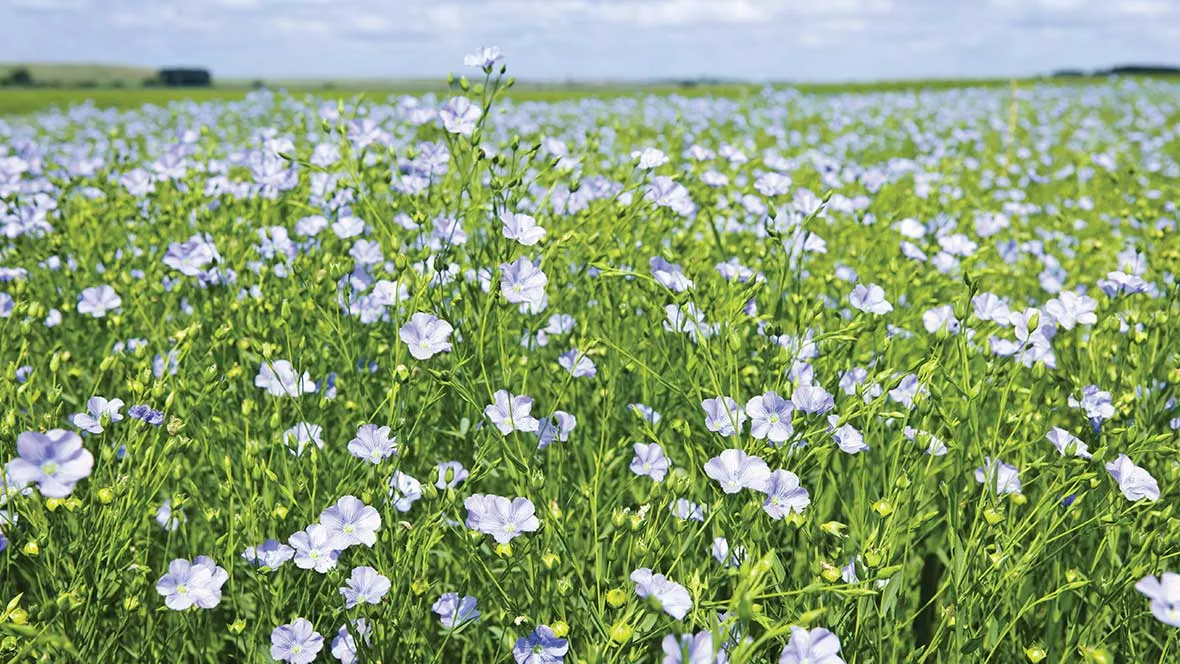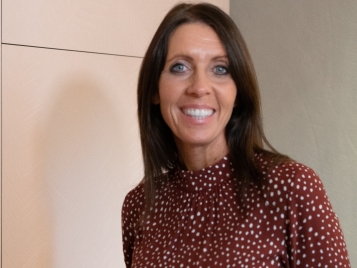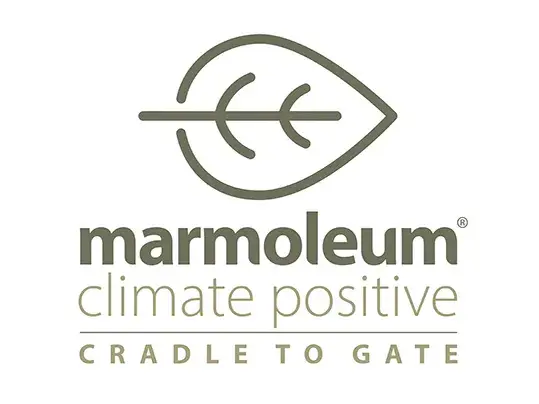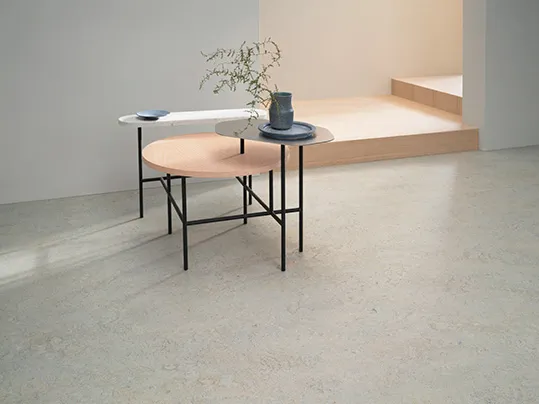Sustainable Spaces in PRS
Floored It Blog Series
December 2019

With the impacts of climate change and global warming closer to home than ever before, one of the key challenges we continue to face is the need to reduce our environmental impact. With the Private Rental Sector increasingly asking for more ‘green’ buildings, Julie Haake, our Key Account Manager for the PRS/BTR sector looks at how manufacturers are striving to do as much as possible to help designers, architects, contractors and property developers to make more responsible choices when it comes to interior building products.
With over 25 years experience in the flooring industry, Julie has a wide experience of dealing with large scale flooring projects across a variety of applications, working with Architects and Designers through to the Contractors and ultimately the End User. As the Forbo Key Account Manager for the Private Rental and Build to Rent sector, Julie is closely involved with major national clients, helping them to find the right flooring solutions for every aspect of their building.

In terms of flooring, linoleum has long been recognised as the most sustainable resilient floor covering available on the market. The natural raw materials used in the production process include linseed oil, which comes from the flax plant seeds, wood flour, as production waste from controlled forestry plantations and jute, a crop whose fibres provide the material for the membrane onto which the linoleum is calendared. A large proportion of these materials are rapidly renewable and are 100% biodegradable. In fact, its natural raw materials are what gives linoleum its unique performance attributes, as it is bacteriostatic and also becomes more durable over time, helping to create better environments.
Forbo recently quantified the environmental impact of its own linoleum product - Marmoleum - with an independent Environmental Product Declaration that confirms that its 2.5mm sheet is manufactured as a carbon neutral floor covering in the cradle to gate phases, without the need for carbon offsetting.

The independent EPD documents the life cycle process of Marmoleum and shows that the CO2 produced in the extraction, transportation and manufacturing process of Marmoleum is balanced out by the removal of CO2 through the growing of its natural ingredients such as flax, jute and rosin tapped from pine trees.

With over 300 design choices across a variety of marbled, patterned, solid and linear effects, Marmoleum has a Topshield pro high-performing UV-finish, which is applied to the floor covering to prevent staining, scuffing and scratching for lasting appearance retention and easy cleaning and maintenance at lower intervals. With the correct cleaning and maintenance regime, it can last up to 30 years, further strengthening its sustainable credentials.
Environmentally responsible interior design involves thinking about how the product is made and its manufacturing processes. As we are becoming increasingly aware of the impact our choices can make, more careful consideration needs to go into the specification of building products, including the flooring. By working together with a reputable and knowledgeable manufacturer such as Forbo, private rental landlords and designers can make conscious choices that will contribute to creating better, more sustainable environments.